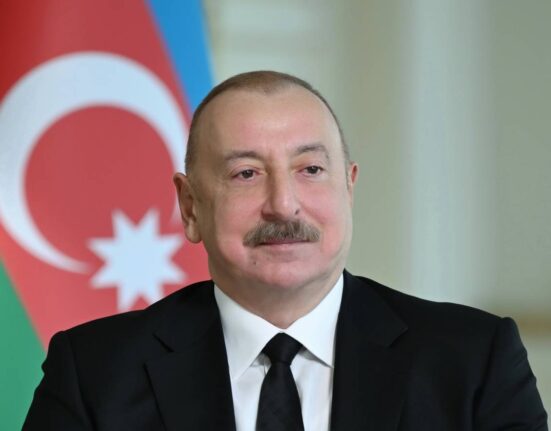From 26 November to 24 December, a series of training sessions is taking place across all 14 regions of Uzbekistan, including the Republic of Karakalpakstan, aimed at strengthening the role of territorial anti-corruption councils. The program is organized by the Anti-Corruption Agency, the United Nations Development Programme (UNDP), funded by the European Union, and supported by the Senate of the Oliy Majlis. Its goal is to enhance the effectiveness of preventing and combating corruption at the regional level, expand regional engagement in implementing the UN Convention against Corruption and other international standards in Uzbekistan, and reinforce public trust in government institutions, the Delegation of the European Union to Uzbekistan reported.
Coinciding with International Anti-Corruption Day (9 December), the training series brings together members of territorial councils, representatives of local authorities, and civil society organizations.
The program is expected to help regions develop a clearer and more modern system of anti-corruption oversight: improving the identification and elimination of corruption-related violations, expanding initiatives for monitoring public spending and decision-making, and fostering a more open dialogue between the government, the public, and the media. By the end of the program, more than 450 representatives of government bodies and regional administrations (hokimiyats) are expected to strengthen their knowledge and skills in combating corruption at the local level.
The training sessions are held within the framework of the joint project of the Anti-Corruption Agency and UNDP, “Strengthening the National Anti-Corruption Ecosystem in Uzbekistan,” funded by the European Union. One of the project’s key components focuses on building the capacity of local government institutions and supporting regions in adopting more dynamic and practical anti-corruption solutions.




